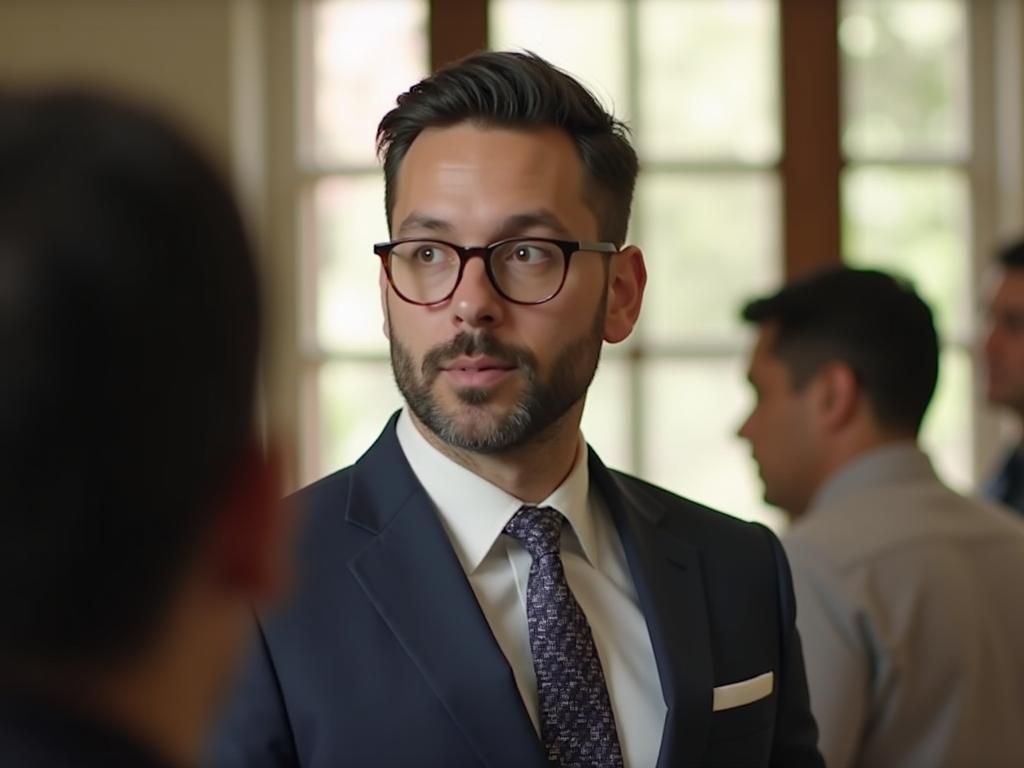
Woodside Energy CEO Meg O’Neill recently stated that young people are often ‘ideological’ in their views on fossil fuels, while simultaneously engaging in consumer practices like ordering goods from platforms such as Temu.
O’Neill’s remarks were made during a presentation discussing the company’s role in the energy transition and the need for ongoing fossil fuel production.
The CEO suggested a disconnect between the climate change concerns expressed by younger generations and their consumption habits, specifically highlighting the use of online marketplaces.
Her comments have generated significant discussion and debate regarding the views of younger generations on climate change, sustainability, and consumerism.
Critics of O’Neill’s statement argue it oversimplifies the complex relationship young people have with environmental issues.
Some commentators suggest that younger generations are increasingly aware of environmental impacts and are actively seeking sustainable alternatives, while also acknowledging the pressures of affordability and accessibility that drive their consumer choices.
The debate touches upon broader themes of intergenerational responsibility, corporate accountability, and the complexities of transitioning to a lower-carbon economy.
Supporters of O’Neill’s view point to the challenge of balancing climate goals with the economic realities of everyday life, particularly the cost of sustainable products and services.
The discussion highlights the ongoing challenges energy companies face in navigating the transition to renewable energy sources and addressing concerns about their role in contributing to climate change.




![**Embrace Financial Tranquility: Start Saving Today**
Saving money can seem overwhelming, especially when you’re juggling bills and expenses. But here's a simple trick: automate your savings. Even small, consistent contributions can make a big difference over time. Here's how to get started:
1. **Automate Transfers:** Set up automatic transfers from your checking to your savings account each payday. Start small – even $25 per paycheck can add up!
2. **Track Your Spending:** Use a budgeting app or spreadsheet to monitor where your money goes. Knowing your spending habits is the first step to controlling them.
3. **Cut Unnecessary Subscriptions:** Review your monthly subscriptions (streaming services, gym memberships, etc.) and cancel those you rarely use.
4. **Cook More Meals at Home:** Eating out frequently can significantly drain your budget. Plan your meals for the week and cook at home as much as possible.
5. **Embrace "No-Spend" Challenges:** Occasionally challenge yourself to go a week or a month without spending money on non-essentials. This can boost your awareness and discipline.
We are believing you’ll find success with these tips. — Miasplit('\n\n')[0].replace(/\*\*/g, '').trim() }}](https://ried500.com/wp-content/uploads/2025/06/pexels-photo-4308051-1.jpeg)